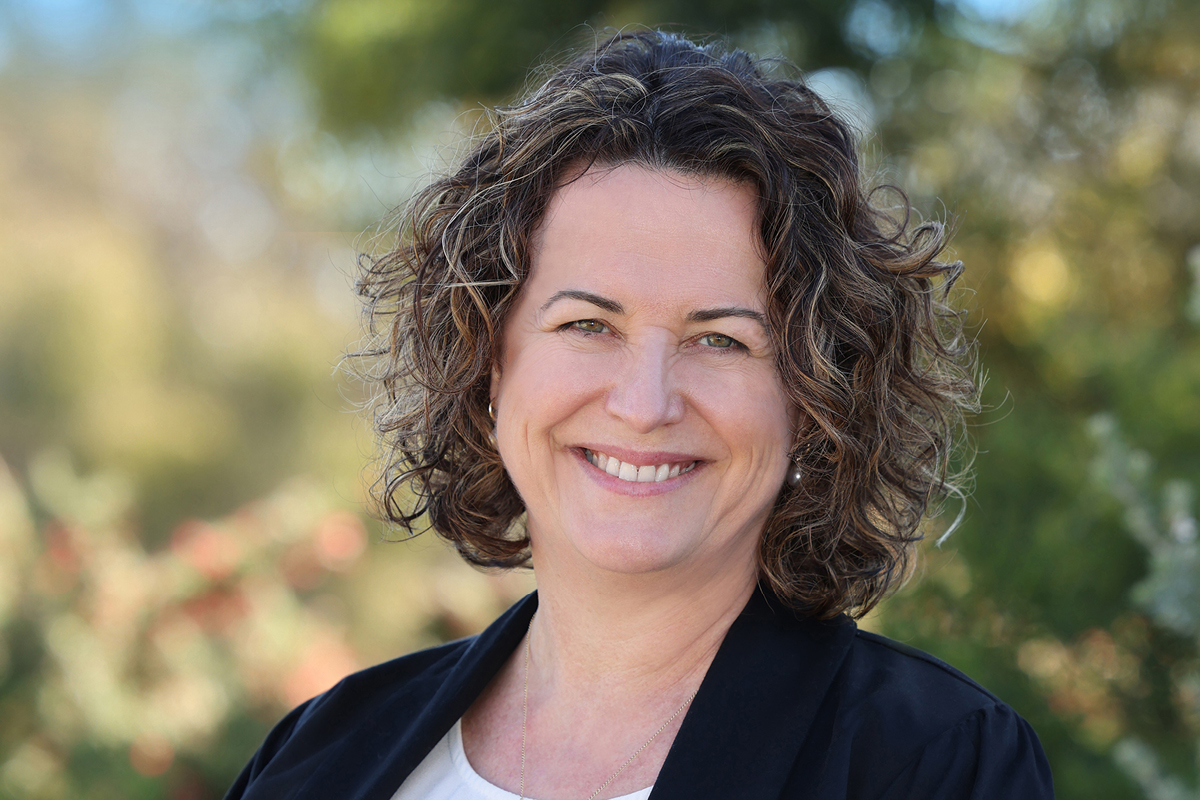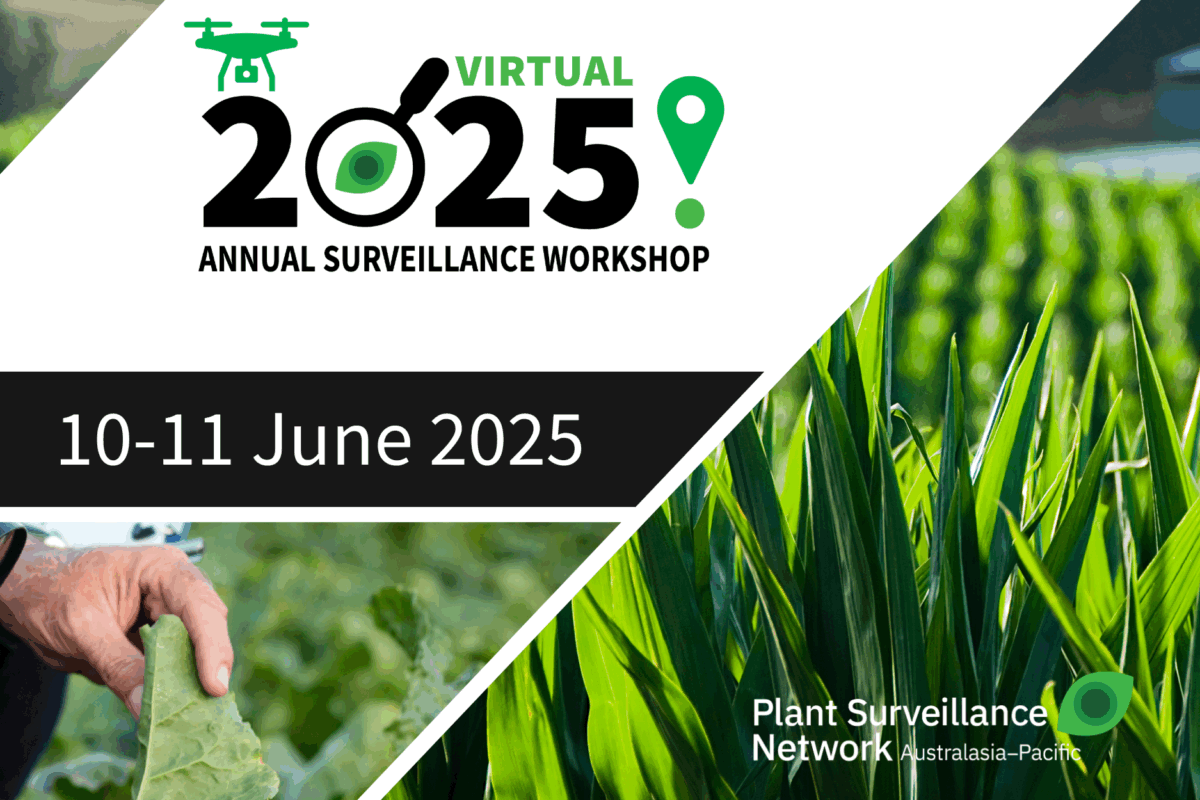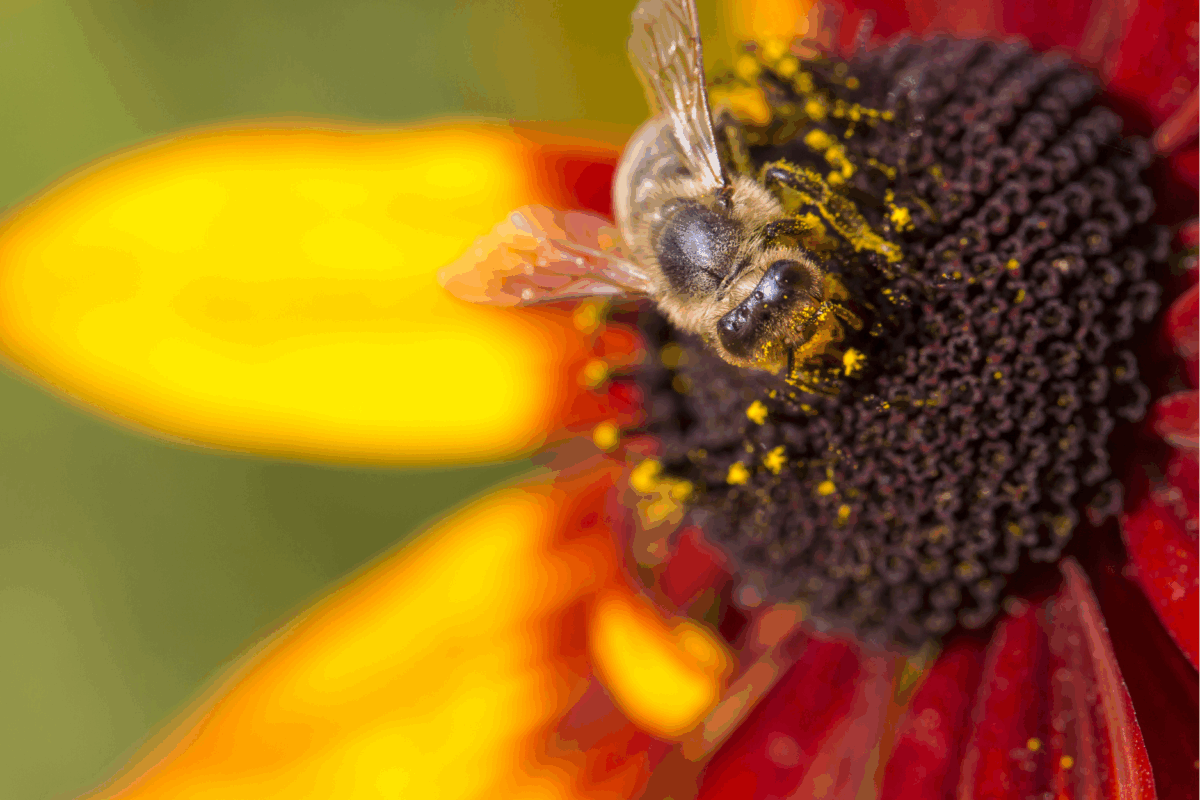Message from the CEO – May 2024
May has been another bustling month for us at Plant Health Australia (PHA) marked by productive stakeholder engagements, a new project iteration and the completion of a strategic organisational project, which I’ll shed more light on in a moment.
The month kicked off with the biannual Plant Biosecurity Research Initiative (PBRI) Symposium in Cairns with Rohan Burgess, PHA’s Surveillance Manager presenting on the important work we do to keep Australia’s forests and plantations free from plant pests and diseases, and a PHA sponsored morning tea in celebration of the International Day of Plant Health (IDPH).
The IDPH is a United Nations initiative that is celebrated annually on 12 May to raise global awareness and take action to improve plant health, protect biodiversity and the environment, boost economic development, and build a better future. Since its inception, PHA has participated in awareness raising activities to improve plant health. Read more about PHA’s partnership projects that helps to protect our biosecurity system.
I am thrilled to share that AUSPestCheck® our flagship digital surveillance system has been endorsed for an additional 12 months by the Plant Health Committee (PHC). This innovative system collects, analyzes, and displays plant pest surveillance data. Read more about AUSPestCheck®.
In other exciting news, PHA’s new website, the new go-to source for all things plant biosecurity was launched this week. With more than 1,300 plant biosecurity resources, details on our full portfolio of work, newly added Member and training sections and an improved user experience, it has never been easier to find plant biosecurity information, with a wealth of knowledge and resources at your fingertips.
May is also a big month for bees as we celebrate Honey Month and World Bee Day on 20 May. This month of celebration serves as a call to action to safeguard and conserve the diverse species of bees crucial for the pollination of many vital Australian crops, gardens and native bush. With over 47,900 registered beekeepers who own approximately 855,300 hives, keeping Australia’s honey bee population healthy and thriving is no easy task. PHA leads the National Bee Pest Surveillance Program (NBPSP), an early warning system that uses a range of surveillance methods at high-risk ports throughout Australia, and the National Bee Biosecurity Program that helps beekeepers to manage pests established pests in Australia, and to prepare them for exotic pest threats.
Across the country, Australians are doing their part towards protecting our nation from exotic pests and diseases. From primary producers and growers implementing sound biosecurity practices, to community groups protecting our nation from biosecurity threats, to those working on the frontline, the Australian Biosecurity Awards (ABAs) recognise and celebrate people committed to supporting and promoting our biosecurity system. Nominations for the ABAs are open and will close on Monday 10 June. Visit the website to find out how to submit your nomination.
As we approach the end of May, we look forward to our Member meetings which will include a presentation by the Government Industry Agreement for Biosecurity Readiness and Response (GIA) New Zealand. The hybrid meetings will be held over two days from 30 – 31 May at the Rydges Sydney Central, New South Wales and notice of the meeting was sent to all Member representatives.
At the beginning of June we will farewell Dr Susanna Driessen, who has served as PHA’s General Manager, Emergency Response for 12 years. Susanna is set to become the Chief Plant Protection Officer at Biosecurity Tasmania and I’m pleased that we will continue to work with her as one of our key government Members through national committees and other projects and initiatives.
Here’s to another 30 days of good news in the plant biosecurity space!






